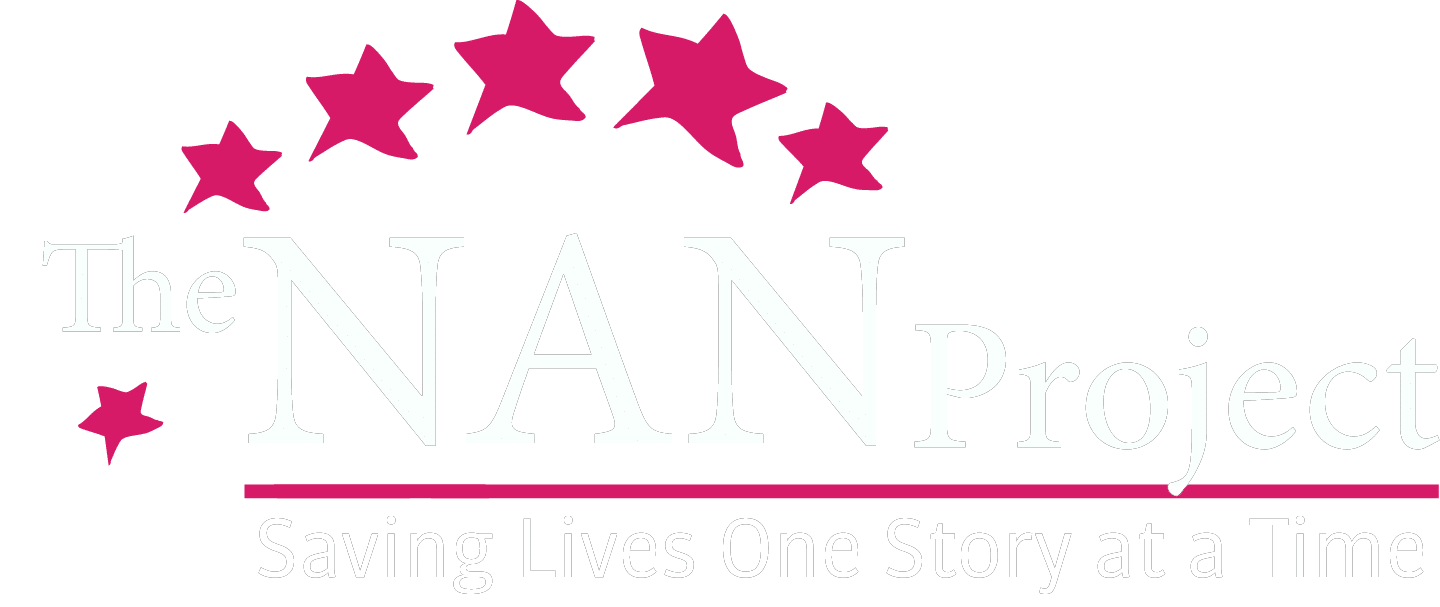For Communities
The NAN Project has adapted much of our programming for groups of young people or adult stakeholders in the community. All of our programming is offered free of charge, virtually or in-person, and can be tailored to fit the needs of your community group.
“Informative, interactive, and it felt like a safe space for questions and concerns.” -Community Stakeholder, Roxbury
Question, Persuade, Refer (QPR)
This training will empower the audience to act as a bridge to help for a young person who may be struggling with suicidal thoughts. QPR is not intended to be clinical, but rather, but to offer a suicide prevention tool anyone can use. This interactive training offers three simple steps – Question, Persuade, Refer, as well as suicide statistics, risk factors and warnings signs, and strategies on how to support a young person dealing with mental health challenges.
Peer Mentor Presentation
These stories detail our Peer Mentors’ struggles with mental illness and other issues facing young people, but more importantly, discuss the supports they were able to access and the coping strategies they have employed to find a path to recovery. By presenting these stories,we create a safe space for communities, especially young people, to talk about mental health. In these presentations we also cover the signs and risks of a peer who may be struggling, as well as how to get them help in a crisis.
Workshops
Question, Persuade, Refer (QPR)
SUICIDE RISK FACTORS, WARNING SIGNS, AND HOW TO HELP
This suicide prevention training empowers educators to act as a bridge to support for students who may be struggling with a mental health crisis. QPR is not intended to be clinical, but is meant to offer a set of tools and basic language anyone can employ to offer hope and help. This interactive training offers covers suicide statistics, risk factors, and warnings signs, as well as strategies to support a young person and get them to the resources available within the school or community.
1.5 Hours
Peer Mentor Presentations for Educators and School Support Staff
STORIES OF RESILIENCE AND RECOVERY
During this workshop, The NAN Project Peer Mentors will share their lived experience with mental health challenges, as well the supports they were able to access and the coping strategies they have employed to find a path to recovery. These stories create a safe space for staff, faculty and community stakeholders to ask questions about mental health, and the strategies that work to engage youth who are struggling.
This presentation can also serve as a preview of our classroom presentations with students!
45 minutes -1 hour
Mental Health 101
COMMON MENTAL HEALTH DIAGNOSES IN THE CLASSROOM
This non-clinical training offers a straightforward introduction to common mental health challenges, including anxiety, depression, ADHD, PTSD and adjustment disorder. The NAN Project team will provide the signs of these challenges as well as practical responses and strategies to identify a student who may be struggling in the classroom - informed by our own Peer Mentors lived experiences.
1 Hour
Can We Talk?
MENTAL HEALTH QUESTIONS STUDENTS HAVE (BUT ARE AFRAID TO ASK)
During our student presentations, we receive many questions from the youth lens, including how to talk to friends and family about mental health, what do different diagnoses look like, how to identify supports, etc. This workshop offers a look into those specific questions, and strategic suggestions on how school staff can safely and appropriately respond when mental health topics come up in their classrooms.
1 Hour
Mental Health Resource Guides
Mental Health Resource Sheet: ENGLISH | SPANISH
Mental Health Resources for BIPOC (Black, Indigenous, and People of Color): ENGLISH | SPANISH
